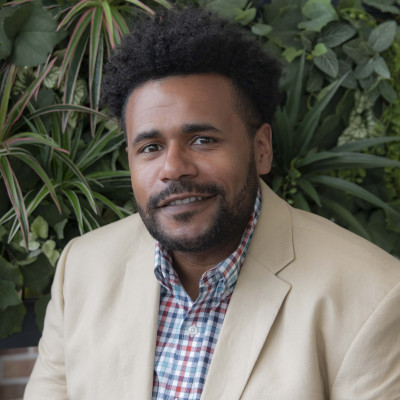Sessions /
A case for scaffolding self-reflection
#137
It is through self-reflection that individuals are able to understand themselves, their context, and make sense of the connections. For students, self-reflection is a valuable tool in becoming more effective language learners, since those who are able to self-reflect have been shown to have a greater capacity for self-organising their behaviours than those who lack the ability (Deci & Ryan, 2000, Ryan & Deci, 2017 ). This presentation will argue for the need for more scaffolded self-reflective teaching practices based on the literature, and provide three mini-case studies on how self-reflection can be implemented in university settings. The first of these mini-case studies outlines materials developed for a reflective workshop conducted with 200+ sophomore students. The second will explore how written reflections when revisited with a critical eye, result in deeper, more critical reflective reports. The final case-study will provide insight into how group discussions can help build supportive classrooms and raise self-awareness. Each of these mini-case studies will demonstrate how student self-reflections elicited clearer goals and encouraged focused learning behaviours. The presentation will conclude with a call for audience participation to share the role of student self-reflection in their own classrooms.

